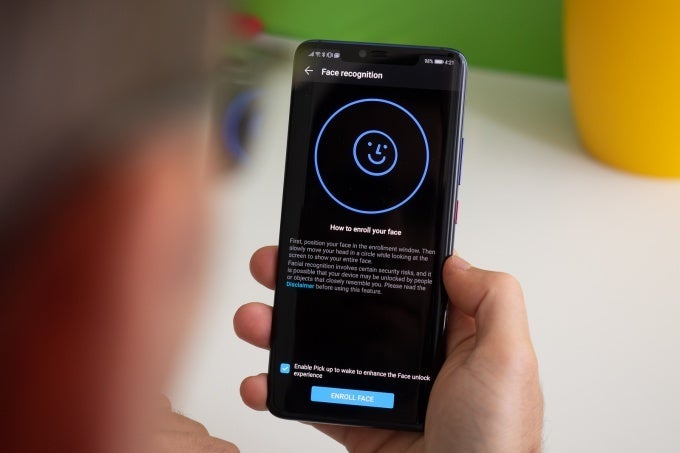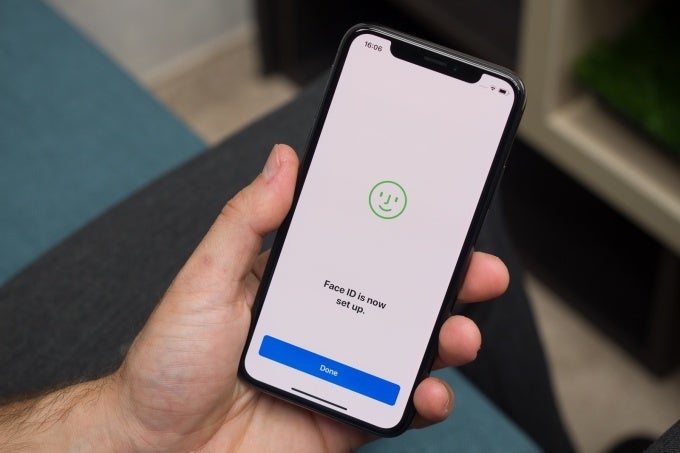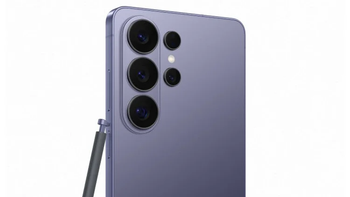Google Pixel 4 could come with Face ID-like tech, secret Android Q work suggests

The iPhone X boldly ditched Touch ID for Face ID
Upon doing additional digging into that recently leaked build of Google’s next big mobile OS version, the folks over at XDA Developers may have discovered arguably the juiciest feature so far rumored to be natively integrated into Android Q.
What does this mean for the Pixel 4?
Instead of putting that fugly Pixel 3 XL notch to some good use, Google settled for mounting a conventional fingerprint scanner on the back of the 6-incher, as well as its “bezelicious” 5.5-inch sibling.
Even that aforementioned Trusted Face feature was removed from stock Android Pie, so there’s literally no way (secure or insecure, good or bad) to use your mug to unlock the Pixel 3 or 3 XL.

The Huawei Mate 20 Pro is equipped with 3D facial recognition technology
Meanwhile, the vast majority of today’s Android flagships, as well as an increasing number of mid-rangers, come with 2D facial recognition systems that are generally inaccurate and can be easily tricked using photos and other gimmicks.
According to all the (circumstantial) evidence found in the early Android Q development code, something much more complex is in the works. Something requiring advanced hardware to function properly and authorize not just device unlocks, but app logins and mobile payments as well.
That something is typically known as three-dimensional (3D) face recognition technology, and it stands to reason Google would want to take advantage of this development and pair the new software with the necessary sensors to make secure facial scanning possible on the Pixel 4.
Unfortunately, we don’t know much about the search giant’s next big in-house hardware project, with existing rumors sounding more like wishful thinking than concrete, reliable information from the inside.
Apple did it first

Easy Face ID setup, excellent reliability, maximum convenience
Using an infrared camera, flood illuminator, and an insane laser dot projector that beams over 30,000 invisible dots onto the user’s face to build every single individual’s unique facial map, the company’s proprietary Face ID technology was like nothing we’d ever seen before.
At long last, it looks like Google will at least lay the software groundwork for a much smoother integration of 3D sensing hardware platforms that everyone from Samsung to Sony is apparently working on.
But Google and its Android smartphone-making partners might still be a couple of steps behind Apple, which is unsurprisingly working on making Face ID even better on the 2019 iPhone generation. How? By using time-of-flight camera technology similar to what Vivo showcased a while back. That’s something the 5G-enabled Galaxy S10 variant may also adopt before Google makes advanced facial recognition standard for Android devices.
Follow us on Google News













Things that are NOT allowed:
To help keep our community safe and free from spam, we apply temporary limits to newly created accounts: